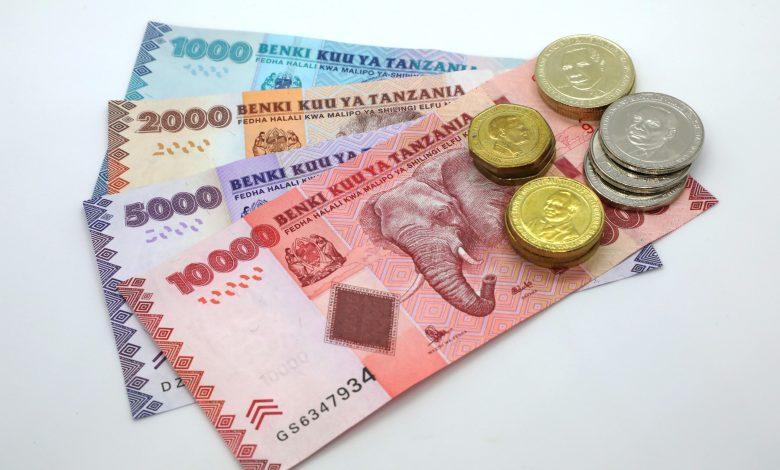Africa-Press – Tanzania. THE public debt of the Tanzanian government has reached 107.70 tri/- as of April 2025. Of this amount, external debt accounted for 72.94tri/-, while domestic debt stood at 34.76tri/-.
Both domestic and external debts have helped to develop Tanzania, whose focus is on developing infrastructure, agriculture, and energy sectors support its goal of achieving middle-income status.
This was announced today in Parliament in Dodoma by the Minister for Finance, Dr. Mwigulu Nchemba, while presenting the government’s revenue and expenditure estimates for the 2025/26 financial year.
According to a debt sustainability assessment conducted in October 2024, Tanzania’s debt remains sustainable in the short, medium, and long term. The assessment revealed that in the 2024/25 fiscal year, the present value of public debt to GDP stands at 40.3 percent, well below the threshold of 55 percent. The present value of external debt to GDP is 23.6 percent, against the limit of 40 percent, while the present value of external debt to exports stands at 123.8 percent, compared to the ceiling of 180 percent.
With 72.94tri/- in foreign debt, Tanzania is not in the list of the heavily indebted countries in Africa whose top countries include Egypt, Kenya, Angola, and Ivory Coast.
Other countries with significant debt, especially when considering total government debt as a percentage of GDP, include Eritrea, Sudan, Cabo Verde, and Senegal.
Sudan, in particular, has the highest debt-to-GDP ratio globally.\
Egypt, Kenya, Angola, and Ivory Coast stand out for their high total outstanding credit with the IMF.
Chinese Loans:
Angola, Ethiopia, and Kenya are also among the top African countries with significant loans from China, according to ONE Data and Analysis says that China is Africa’s biggest bilateral lender, with public lenders holding nearly $62 billion of Africa’s external debt in 2023.
In March 2025, Moody’s Investors Service conducted its first review of Tanzania’s creditworthiness in international financial markets for the year. The outcome maintained Tanzania’s credit rating at B1, consistent with the final rating given in 2024.
Meanwhile, Fitch Ratings is in the process of conducting its first assessment for 2025 and is expected to release its results soon. The agency’s last assessment, released in December 2024, rated Tanzania at B+.
These credit assessments continue to project a positive image of Tanzania in global financial markets, with the country’s ratings outperforming those of other countries in the East and Central African region. The strong performance is attributed to the efforts of the Government under the leadership of President Samia Suluhu Hassan, aimed at enhancing investment conditions, boosting economic growth, managing public debt prudently, and strengthening international cooperation.
The Government has reiterated its commitment to implementing various strategies to ensure debt sustainability. These include enhancing domestic revenue collection to reduce dependence on borrowing for budget financing, directing loan funds towards projects that generate revenue and exports, and ensuring that project preparations adhere to legal and regulatory frameworks before contract signing to avoid cost overruns.
For More News And Analysis About Tanzania Follow Africa-Press







